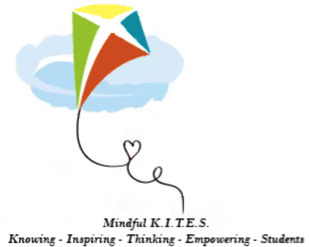
Adolescence is a time of dramatic physical, psychological and social change through which children transition into adults. It this during this stage of development, that patterns of behaviour and habits are formed. These habits can have a positive or negative impact on current and future health. The teen years are an important time to invest in total health.
Traditionally it was believed that, the teen years were the “healthy years” as compared to other stages of the life-course. Through decades of research it has been identified that adolescents have unique needs which unfortunately remain largely ignored. These needs include medical assessments, psychosocial support, educational guidance as well as behavioural strategies to address negative influences. Young people aged 10-24years in Trinidad and Tobago, and wider Caribbean make up over 20% of the population. A large proportion of them are exposed to high levels of violence, sexually related content, alcohol and substance use as well as poor nutritional habits and mental health crises. Unless addressed we may have a future of adults with many combined health care challenges and reduced productivity.
Adolescence is a biopsychosocial process, which means that physical, psychological and social developmental changes all occur. There is wide variation in the ways these developmental pathways happen; which largely explains why some teenagers are physically mature yet emotionally child-like, while others appear younger yet seem to have better decision making or self-management skills. The development through adolescence does not occur in a uniform manner. To add to the complexity, the positive life skills which guard against harmful exposures – such a coping skills, communication skills, mindfulness and resilience – also develop at different rates. These factors lead to the dramatic ups and downs of adolescents. While some young people will navigate this period without major crisis, many do experience significant conflict, stress and emergence of mental health disorders, which require intervention.
Early adolescence (10 to 13 years) starts with the physical changes of puberty. In this stage, young people become increasingly preoccupied with themselves and their physical attractiveness; and experience wide fluctuations between pride and embarrassment. Early adolescents become slowly less interested in parental activities as friends increasingly become sources of comfort.
Middle adolescence (14 to 16 years) is marked by an intense increase in the devotion to and importance of peer groups and activities, resulting in markedly less interest in family activities. The powerful impact of peers is most evident at this phase. During middle adolescence, risk taking behaviour increases as young people are often impulsive and unwilling to think things through before taking chances.
Late adolescence (17 to 21 years) is the last phase which ends with the emancipation from the family unit. This is generally a phase of increased integration and acceptance. Now, adolescents are now appreciative of their parents and families and become separate entities while still embracing parental advice. Late adolescence is characterized by a firmer sense of identity, realistic and firmer interests and an increased ability to compromise and delay gratification.
Although there is diversity in the adolescent developmental process among individuals, the majority will proceed in this sequence. It is imperative that everyone who cares for adolescents understands the psychosocial developmental model and normal adolescence. In Trinidad and Tobago, there is now a prime opportunity to invest in adolescent health and positive youth development. Through identification and management of ongoing psychosocial, behavioural, mental health and physical health concerns, young people can be optimized towards achieving their full potential. Adolescents need to be provided with opportunities to feel accepted and respected and should be actively taught positive mechanisms including mindfulness, journaling, conflict resolution skills and time management as essential tools toward their future success.
